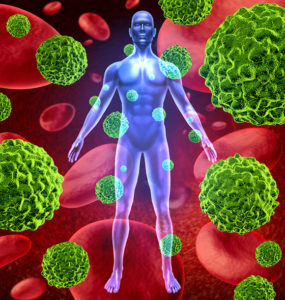
Can technology be the key that unlocks the secret to curing cancer? A report from the Cancer Moonshot Task Force confirmed the importance of supercomputers to research focusing on immunotherapy for cancer and other effective treatments.
HPC: A High-Tech Weapon Against Cancer
The Cancer Moonshot program originated in 2016 with the support of then-Vice President Joe Biden. At the time, Energy Secretary Ernie Monitz, a member of the task force, wrote about the role of high performance computing (HPC) in analyzing complex databases to identify patterns and other vital information.
How Cancer Researchers Use HPC
HPC systems such as the one at the Texas Advanced Computing Center use seven basic methodologies to understand cancer biology and possible treatments.
• Molecular simulations of protein and drug interactions help to create more effective treatments.
• Bioinformatics unravel the complexities of cancer genomes.
• Mathematical modeling is used to develop formulas that predict how cancer will behave.
• Quantum calculations help to refine radiation therapies.
• Computational treatment planning creates the pinpoint accuracy required to prevent radiation from damaging organs and healthy tissues.
• Computational trial design is used in immunotherapy for cancer to gauge the correct combination of dosages.
• Machine learning is how researchers develop algorithms and other statistical methods to analyze and interpret massive datasets.
Cancer Treatment Is Not “One Size Fits All”
Issels® uses state-of-the-art testing methods to design a personalized immunotherapy for cancer treatment that addresses a patient’s specialized needs. Contact us to learn more about cancer vaccines, NK cells, hyperthermia and other non-toxic treatment programs at Issels®.
